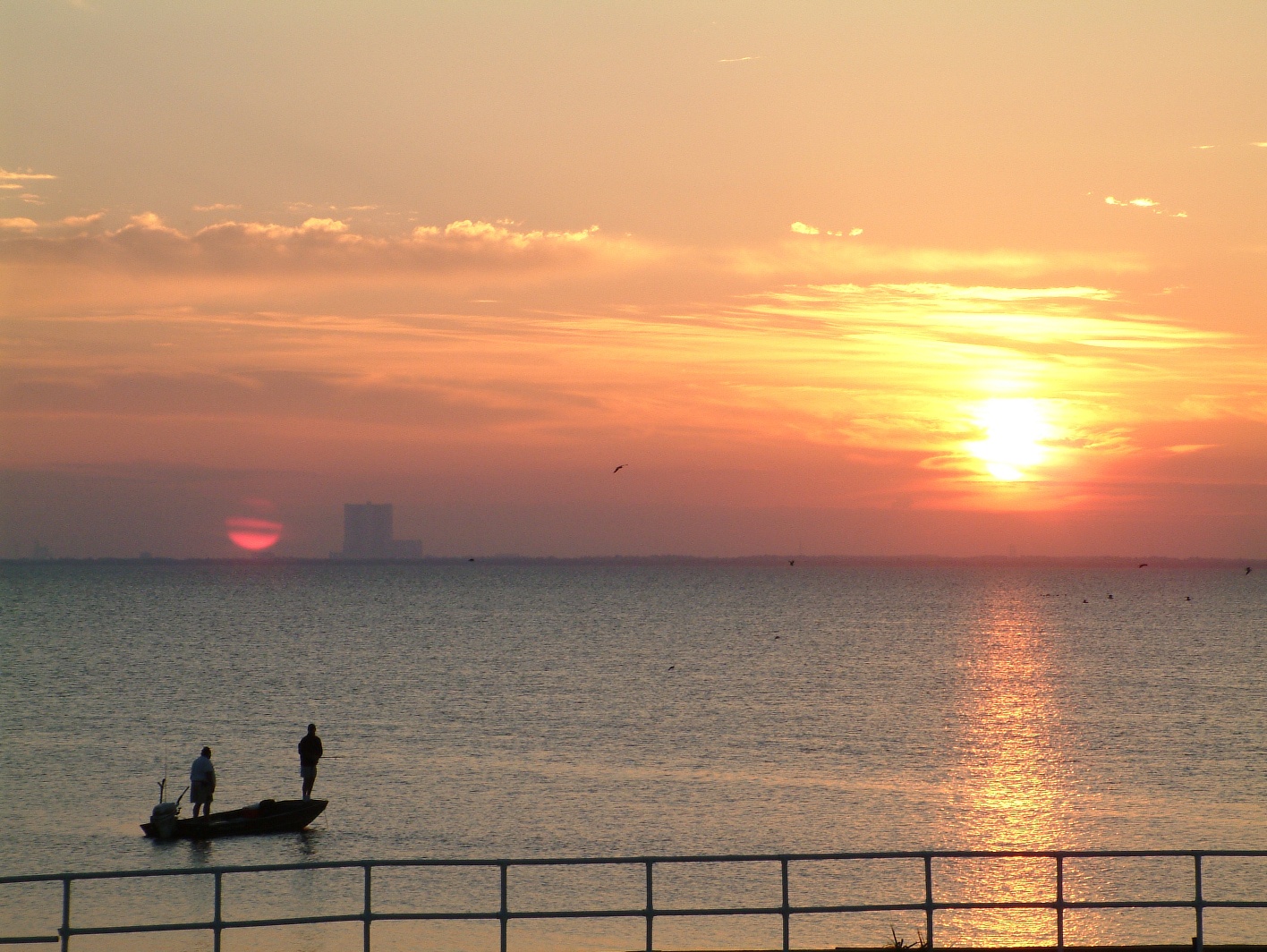This Fooyah communication is going to deal, on a basic level, with too much stuff. It is part of a series that I have been working up to for a long time explaining the way I think about things and how it is the correct way to think about things. I expect to expand on many of these themes over the coming dark months.
My recent communications including those about Osteopathy, Special K, Multitasking, Losing Mass and my Homoeopathic Discussion have all required a reasonable amount of knowledge and also some research.
I often mention that all claims should be appraised critically. I am not advocating cynicism, merely that we have the right to reserve judgement until we have investigated things ourselves. I think there are some basic areas of life where we can do this with little effort. Most claims on adverts can be investigated to see how they stand up to scrutiny. Claims made by friends can be investigated using the internet and maybe even a library!
I have been listening to sceptical podcasts for about 8 years now, moving from one to another as I hear about new ones. I have heard many discussions about the evidence for certain claims made in all walks of life and I think I have a good grasp of reality. Spending all that time listening to people explain logical fallacies and scientific evidence and how we know what we know has given me a good tool box to use to ask the rights questions and find out for myself. I have also read a number of scientific books explaining the meaning of evidence and the scientific method. Again, these have given me a good understanding of what it takes to be a sceptical thinker. I am, of course, open to biases like all people but I try to use the evidence available to question those and seek what is the real world.
Now, I can’t be an expert in many things, in fact I would argue I am an expert in none. I have developed heuristics. I have tools that I use to shortcut my knowledge process. There are certain people and presenters whom I trust and when they say they have looked at the evidence and come to a certain conclusion then I listen. I understand fully that one day they may be wrong but their credentials are good for now.
I also rely on the self correcting nature of science. About a year ago there was a story that made the news all over the world. Scientists had discovered particles travelling faster than the speed of light. This headline appeared everywhere. I was instantly worried as nothing should be able to travel faster than the speed of light [information can’t if you want to get technical]. The scientists weren’t that sure of their results and had opened the problem out to the press and the world, but it was reported as fact. Over the next year many people investigated it and they found the mistake. The particles hadn’t travelled past Einstein. Was this celebrated in the world’s press as a great achievement of the scientific method? No. It was consigned to page 13 in a tiny paragraph. Science corrects itself, that’s the great thing about it.
If I hear a claim that I think is dubious or not, then I do not pass instant judgement. I will investigate myself if it is approachable and see what the evidence is. If it is beyond my understanding then I will rely on others within the community to offer their understanding of what the evidence is and what that means.
In the case of news reporting around the world it is hard to investigate this myself and so I have to rely on the news organisations. This is why I look at quality broadsheet websites and the BBC website. I often rant about the BBC New service as they are meant to be the best but they fail [in my view] so often. For their “what’s going on in the world” section I have to trust them at the moment. There isn’t really any other news organisation that is comparable. It will be interesting over the next few years as social media tries to form a coherent news machine, but I fear it will be controlled by corporations and governments, restricting the views and news that we see.
We all have heuristics. Mine takes me on a journey of learning to seek the evidence.
The great thing about science is that it is right whether you agree with it or not.
Places to seek the truth:
- PubMed [medical paper directory]
- Snopes.com [internet rumour investigation service]
- Advertising Standards Authority
- What’s The Harm [listing harm caused by alternative medicine]
- Scientific American [popular science magazine]
- Skeptical Podcasts listed here.
- Robert Park email archive.
Read some books:
By Robert Park
Voodoo Science: The Road from foolishness to Fraud (Oxford, 2000)
Superstition: Belief in the Age of Science (Princeton, 2008)
By Carl Sagan
Demon Haunted World
By Ben Goldacre
Bad Science
Bad Pharma
By Michael Shermer
Why People Believe Weird Things
These books will start to give you the mental tools to evaluate and critically appraise information that is presented to you. This is not an easy journey, takes time and is never complete.
